The Nurse Re-Entry Program
Our Nurse Re-Entry program is expertly crafted to empower adult learners to identify and address their knowledge gaps in the nursing profession. We provide a wealth of resources, engaging exercises, and personalized guidance to support re-entry nurses as they confidently re-enter the dynamic world of healthcare. This self-paced program allows you to progress through the material at a speed that suits your comfort level, ensuring you regain your confidence and skills as a nurse. This is 120 hours of didactic content that you can select from in order to meet the OSBN contact hour requirement that is specific to your situation.
Once you submit your application, our dedicated team at Health Educational Consultants will review it promptly and contact you. If you haven’t heard from us within five business days, please don’t hesitate to call us at 503-352-4969. Upon acceptance and receipt of your tuition payment, you will receive login credentials, access to your eBooks, and a secure password link. We will also schedule a Zoom meeting to help you navigate the initial steps of your journey. We offer a 15-day refund policy. Refunds are not available after this period.
Tuition Covers
- Online course material
- Electronic Textbooks
- All academic support.

Why Choose Our Program
Our program goes beyond simply filling knowledge gaps; we focus on practical real-world applications that prepare you for success. We recognize the unique challenges faced by re-entry nurses and foster a supportive community to help you flourish. With flexible scheduling options and tailored support, you can customize your learning experience to meet your individual needs. Join us to reignite your passion for nursing and make a meaningful impact in the healthcare field.
Overview of Program Objectives
At the completion of this lesson, the Re-Entry Nurse will:
- Evaluate his or her own practice according to the American Nurses Association (ANA) scope and standards and the Oregon Nurse Practice Act.
- “Think like a nurse,” using the nursing process. Review steps of the nursing process: Assessment, Diagnosis, Plan, Implementation, and Evaluation.
- Describe Leadership and Management in Nursing
- Explain what it means to have professionalism in nursing
- Discuss the effects on nursing practice of nursing organizations, standards of nursing practice, nurse practice acts, and the nursing process.
- Demonstrate familiarity with the ANA Code of Ethics and apply its ethical principles.
- Describe the healthcare delivery system in the US.
- Describe the professional and legal regulation of the nursing practice.
- Explain what has to be reported to OSBN and/or DHS. Identify the nurse’s responsibility as a mandatory child or elder abuse reporter.
- Describe the most common malpractice claims and how good documentation can reduce malpractice risk.
At the completion of this module, the re-entry nurse will:
- Examine the quality and safety, and cost concerns that are driving health care reform.
- Demonstrate an understanding of the quality improvement process.
- Discuss the six Joint Commission safety goals for hospital practice in the current year.
- Demonstrate understanding of blood-borne pathogens and the importance of safety measures that nurses can take to protect him or herself from injury related to patient care.
- Identify nursing interventions to implement infection control.
- Appreciate the growing problem of multi-drug-resistant bacteria.
- Explain how to don and doff PPE properly.
- At the completion of this
- Be able to explain the use, mechanism of action, side effects, and nursing considerations of Antibiotics, Antivirals, and Antifungals
By the end of this lesson, the participant will be able to:
- Define the principles of Trama-Informed Care (TIC) and their relevance in healthcare settings.
- Identify signs of trauma in patients, including behavioral, physical, and emotional indicators.
- Recognize the impact of the dominant culture and rankism as barriers to culturally sensitive care.
- Apply trauma-sensitive communication strategies to enhance patient interactions.
- Discuss how health disparities and low health literacy interfere with the patient’s ability to self-manage illness and disease.
- Identify resources to use in providing culturally competent care to diverse population groups.
- Integrate culturally sensitive approaches into TIC to address diverse patient populations.
Upon completion of this module, the re-entry nurse will:
- Understand the crucial relationship between open interdisciplinary communication and patient safety.
- Describe the role of emotional intelligence, self-awareness, and self-care in developing positive interpersonal relationships.
- Understand and use “I-statement” as part of assertive communication with colleagues.
- Identify specific strategies and skills to use in managing conflict.
- Give clear, concise, and effective handoff reports using the SBAR formula.
- Have increased awareness of the consequences of lateral violence and bullying in the health care context and strategies to combat it.
- Understand the various purposes (medical orders, care documentation, medication orders and administration documentation, billing, compliance, for example) that electronic medical records are currently used for in a majority of health care settings.
- Understand the importance of communication in ensuring safe transitions and continuity of care for patients within the hospital and across care settings outside of the hospital.
- Explain how documentation can decrease malpractice risk and understand how to document without blame accurately.
Upon completion of this module, the re-entry nurse will:
- Accurately assess a patient and know what is normal versus abnormal.
- Differentiate between subjective and objective data.
- Be able to explain a primary survey and a secondary survey and their use.
- Be able to explain the differences between a head-to-toe assessment and a body systems approach or focused assessment.
- Recognize the signs and symptoms of MI and stroke.
- Explain shockable heart rhythms and how to do CPR.
- Recognize risk factors for and assess the signs and symptoms of cerebral vascular accident (CVA), commonly referred to as a stroke, and apply knowledge of differing causes of stroke to determine nursing treatment plans.
- Explain current treatment recommendations for stroke, atrial fibrillation, and hypertension.
- Be able to explain what SIRS Criteria are.
- Recognize the signs and symptoms of Sepsis accurately.
Upon completion of this module, the re-entry nurse will:
- Understand risks associated with various routes of administration.
- Understand that the geriatric population has specific issues with the excretion of medication.
- Be able to consistently and accurately calculate the correct dosage of a given medication.
- Be able to explain US Drug Legislation.
- Be able to explain what should be done in case of a medication error.
- Be able to explain and administer medications in their prescribed route accurately.
- Know the difference between brand-name and generic medications.
- Demonstrate understanding of lab orders and how to interpret the results.
Upon completion of this lesson, the re-entry nurse will:
- Accurately assess a patient’s pain and factors contributing to a patient’s pain.
- Appropriately implement pharmacological and nonpharmacological pain relief methods.
- Describe assessing the difference between acute and chronic pain.
- Effectively teach a patient the use of a PCA.
- Describe nursing assessments that need to be in place with PCA.
- Explain what the Opioid Crisis is and why Legislation was passed.
- Explain how the CDC prescribing guidelines have affected patients with chronic pain.
- Assess multiple types of wounds accurately and classify them appropriately.
- Display knowledge about the correct type of dressing to use for various types of wounds.
- Explain when negative pressure wound therapy is used and how to apply it.
- Be able to explain the use, mechanism of action, side effects, and nursing considerations of medications used in the treatment of pain.
Upon completion of this module, the re-entry nurse will:
- Able to explain Asthma, COPD, pulmonary embolism, and venous thromboembolism as exemplars.
- The nurse will be familiar with suctioning of airways, oxygen therapy, and types of artificial airways.
- Identify and respond to common complications associated with orthopedic trauma and understand the post-operative care of orthopedic patients.
- The nurse will identify and respond to postoperative complications, including bleeding, DVT, compartment syndrome, and pain management.
- The nurse will demonstrate an understanding of proper traction and immobilization device management, including cast care, traction maintenance, and post-fracture monitoring.
- The nurse will recognize early signs of respiratory failure and acute respiratory distress syndrome (ARDS) and implement appropriate interventions.
- The nurse will be knowledgeable about the physical steps that occur before surgery.
- Be able to explain the use, mechanism of action, side effects, and nursing considerations of medications used in the treatment of respiratory disorders.
Upon completion of this module, the re-entry nurse will:
- Recognize and describe how to assess signs and symptoms of acute coronary syndrome, Myocardial infarction, and heart failure.
- Explain current treatment recommendations for acute coronary syndrome, myocardial infarction, and heart failure based on nationally recognized sources such as the American
- Heart Association and Joint Commission. Identify recommended medications, blood work, ECG, and treatment timelines for fibrinolytic therapy or Percutaneous
- Coronary Intervention.
- Apply knowledge of thrombolytic precautions for a patient who may be receiving thrombolytic therapy for the treatment of acute coronary syndrome or stroke.
- Identify life-threatening heart dysrhythmias and the expected response of the nurse.
- Be able to explain the use, mechanism of action, side effects, and nursing considerations of cardiovascular disorders.
Upon completion of this module, the Re-Entry Nurse will be able to:
- Chronic Kidney Disease: Etiology, progression, and nursing interventions
- Hypovolemic Shock: Evidence-based treatment and algorithm implementation
- IV Fluid Therapy: Principles of fluid shifts (third-spacing, osmotic pressure) and classifications of IV fluids (hypotonic, isotonic, hypertonic)
- Urinary and Gastrointestinal Function: Normal physiology, common abnormalities, and nursing interventions
- Gastrointestinal Disorders: Pathophysiology, nursing considerations, and pharmacologic treatments for conditions such as constipation and gastroesophageal reflux disease (GERD)
- Blood Transfusion Therapy: Indications, safety considerations, and nursing responsibilities
The re-entry nurse will be able to:
- Explain diabetes management, treatment goals,
- Be familiar with insulin dosing and the use of sliding scales
- Know the signs and symptoms of hypoglycemia and hyperglycemia.
- Be able to differentiate between Diabetic ketoacidosis and
- Diabetic hyperglycemic hyperosmolar syndrome
- Be able to explain the use, mechanism of action, side effects, and nursing considerations for the treatment of Diabetes.
The re-entry nurse will be able to:
- Use knowledge of age-related changes and developmental stages to perform accurate
mental, emotional, physical, and functional ability assessments. - Understand the differences between Alzheimer’s disease, dementia, and delirium.
- Discuss the particular issues related to medication administration and management in the elderly population.
- Assist elderly clients with planning for end-of-life decisions through a basic understanding of Advanced Directives, POLST, palliative care, grief and loss, and hospice.
- Recognize the impact of chronic illness on the health care system and the importance of prevention.
- Identify how healthcare delivery has changed.
Upon completion of this module, the re-entry nurse will be able to:
- Understand Modern Perspectives on Mental Health
- Recognize and Respond to Mental Health Disorders
- Suicide Risk Assessment and Intervention
- Managing Aggressive and Violent Behavior in Clinical Settings
- Substance Use Disorder Recognition and Withdrawal Management
- Psychopharmacology in Behavioral Health
- Promoting Nurse Well-Being and Suicide Prevention
